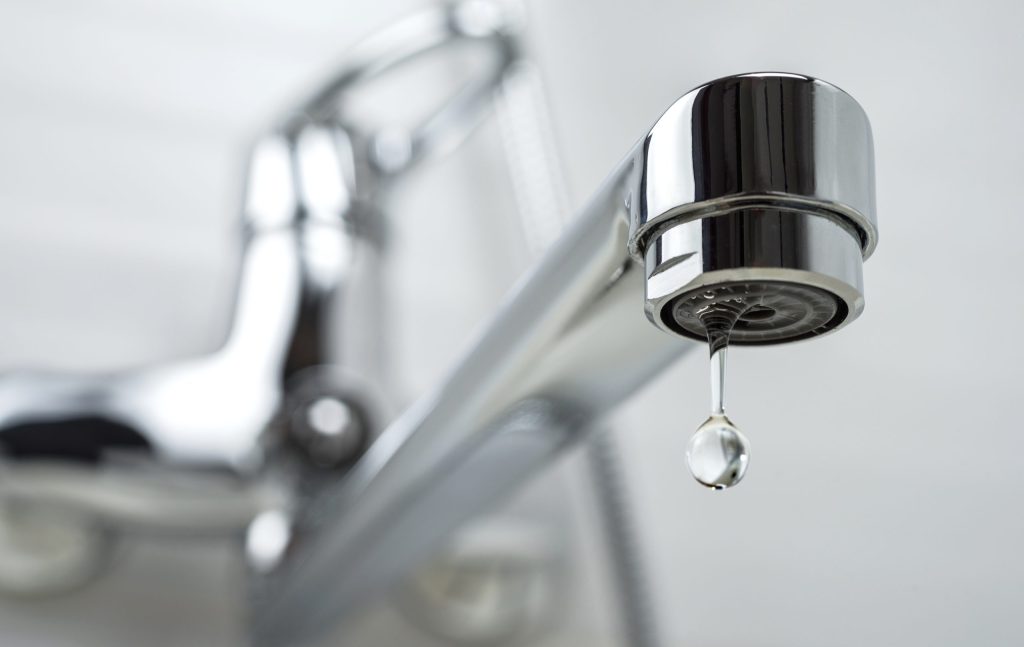8 Winter Maintenance Tips for Your Home
The cold weather will be upon most of us soon enough, but there’s more to do to prepare for it than digging out those sweaters, coats, and scarves. Below are some key home maintenance tips to consider before settling in for the chilly months ahead.
Clean Your Circuit Breakers
We typically use more energy in the winter than during the rest of the year, which puts more strain on your circuit breaker. Dirt, dust, and debris could also accumulate inside of it and increase your electric bill — not to mention the likelihood of blown fuses, drops in electrical currents, and even fires.
Be sure to clean your circuit breaker throughout the winter, preferably with a dry cloth or one lightly dampened with rubbing alcohol, and check that it’s completely dry before closing the panel door. And if your circuit breaker should ever trip, unplug everything in your house before resetting it to restore power to your home gradually.
Run the Water in Less Commonly Used Areas of Your Home
Cold temperatures carry the risk of frozen pipes, which can burst and be a costly problem to fix. Frozen pipes occur when they’re not used often or in areas with little heating, such as basements. Help prevent this problem by occasionally running the faucets and flushing the toilets in the parts of your home with less activity, such as guest bathrooms.
Remove Ice Dams and Icicles From Your Roof
Melting snow that refreezes could sometimes cause ice dams and dangerous icicles to form on your roof. When the ice dams begin to thaw, they could loosen shingles and flood your roof and ceilings.
You can prevent ice dams and icicles by installing heated cables along your roof, or you can remove them by using calcium chloride, which is the same chemical used to melt snow from sidewalks and driveways.
You could also employ specific tools to remove ice dams, but do it carefully so you don’t damage your roof. When in doubt, hire a professional.
Check Your Heating System
Before the cold weather hits with full force, confirm that your heating system is performing as expected by running it two or three separate times. You should also change the air filter frequently, at least every three months but more often if your heater is in constant use. A dirty air filter will affect your heating system’s performance and could even damage it as dust and debris make their way into its internal components.
You should also schedule an appointment with an HVAC technician every year to clean and inspect your heater to ensure it’s functioning properly.

Reverse Your Ceiling Fans
Your ceiling fans should run counterclockwise in the summer to generate cool air but clockwise in the winter to circulate the warm air that rises around the room more efficiently. Reverse your ceiling fans by either manually flipping the switch, changing the option on your remote, or using your voice command if you have a smart fan.
Seal Cracks Throughout Your Home
Sooner or later, cracks and crevices will appear around your home, usually from fluctuating temperatures, water pressure, unbalanced soil, and the settling of your home’s foundation. They often develop around window and door frames and along floors, creating drafts and cold spots during the frigid months.
To keep the cold outside where it belongs, carefully seal all cracks and crevices, preferably with silicon-based caulking, which is waterproof and doesn’t freeze in cold temperatures.
Inspect Your Chimney
Always hire a professional to inspect and clean your home’s chimney before using it in the winter because a dirty, blocked chimney could cause fires and carbon monoxide poisoning. You might also want to consider purchasing a chimney cap to reduce the risk of anything falling — or getting — into your chimney, including leaves, pine needles, and animals. Also, don’t forget to remove the ash from your fireplace after use and clean the hearth regularly.
Check Your Smoke & Carbon Monoxide Detectors
In the winter, our doors and windows stay closed tight to keep out the cold air, which means fresh air flow is at a minimum. This means your home is more susceptible to build-up of dangerous gases like carbon monoxide. Heating systems also tend to dry out the air in your home, so if something catches on fire, it can escalate much faster.
Ensure you’ll be alerted t0 any smoke or gas leaks by checking on your carbon monoxide and smoke detectors. If it’s beeping periodically, make sure to replace the battery and run a test.
Be Prepared!
Planning ahead can help avoid common winter-related damages and concerns.
Be sure to have key essentials on hand in case a big storm hits your area and be prepared for the chance of losing electricity.
With just a little preparation in and around your home, you can feel confident that every winter for you and your family will be warm, cozy, and safe!



